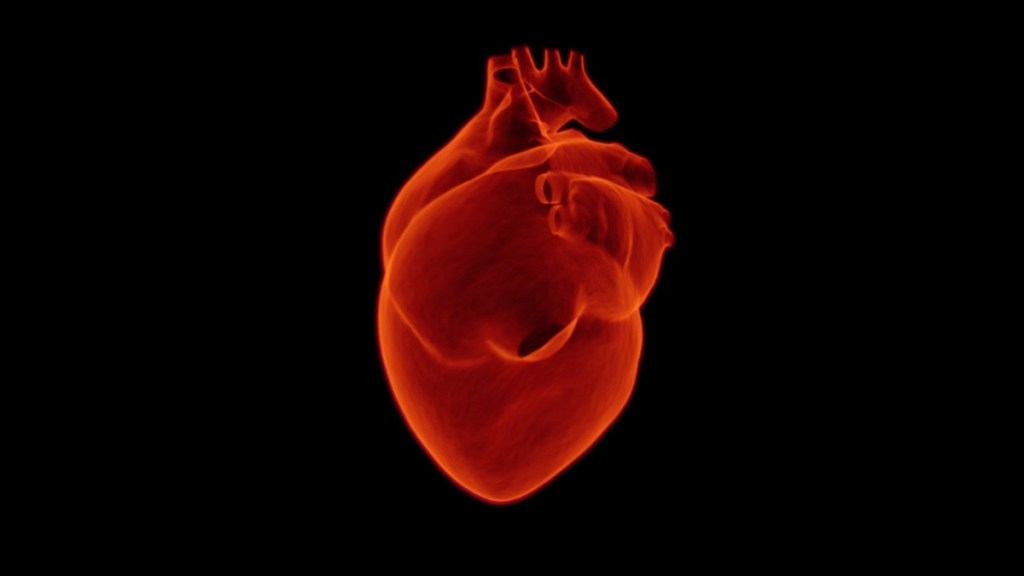By Dr. Mahadev Swamy
India suffers from the highest burden of cardio-vascular diseases (CVD) across the globe and statistically, the prevalence rate has risen drastically from 1% to around 13.2%, especially in urban communities. Additionally, women are not exempt from this impact, in fact, recent studies have shown that cardiovascular disease is the leading cause of death in Indian women, accounting for nearly one-third of all deaths among women in the country. Many women are unaware of the fact that they are at risk, and heart disease in women is estimated to be around seven times deadlier than breast cancer.
Risk factors associated with CVD in women:
Conventional risk factors like diabetes, high BP, cholesterol, smoking, and lack of physical activity are associated with a higher incidence of heart disease in women. Apart from these risk factors, pregnancy-related complications like high BP or diabetes during pregnancy, autoimmune disorders, and emotional stress or depression cause greater heart problems in females. Unfortunately, many of these risk factors are on the rise, especially in young women. Urbanization and globalization, along with sedentary lifestyles, unhealthy diets, and tobacco use, have been associated with an increase in non-communicable diseases such as heart disease. Additionally, overweight and obesity have also been identified as contributing factors to the rising prevalence of these diseases.
Types of Heart Diseases in Women:
- Heart diseases in women can occur in different forms, however, the most common types are coronary artery disease (CAD), congestive heart failure (CHF), and arrhythmias.
- Coronary Artery Disease (CAD): CAD occurs when the arteries that supply blood to the heart muscle become narrow or blocked due to the build-up of plaque. This can cause chest pain, shortness of breath, and heart attack.
- Congestive Heart Failure (CHF): CHF is a condition in which the heart cannot pump blood effectively, leading to fluid build-up in the lungs and other organs. This can cause fatigue, shortness of breath, and swelling in the legs and feet.
- Arrhythmias: Arrhythmias are abnormal heart rhythms that can cause the heart to beat too fast, too slow, or irregularly. This can cause dizziness, fainting, or palpitations.
Symptoms to watch out for:
Similar to men, chest pain or discomfort is the most common symptom of a heart attack in women. However, women may also experience symptoms that are not typically associated with a heart attack, such as shortness of breath, nausea/vomiting, and back or jaw pain. The symptoms of a heart attack in women are sometimes misdiagnosed as anxiety or acid reflux, leading to delayed treatment.
Due to the differences in heart attack symptoms between men and women, women may be diagnosed less frequently with heart disease than men. Additionally, women who experience heart attacks are less likely to receive standard therapies and may not be considered as often for coronary angiogram or surgery. Other common symptoms are dizziness and excessive fatigue, stomach pain, and discomfort.
Prevention is the key:
Detecting and treating heart disease at an early stage is crucial to prevent further damage to the heart and reduce the risk of complications. Women should be cognizant of their risk factors and take measures to manage them, including maintaining a healthy weight, engaging in regular physical activity, consuming a balanced diet, quitting smoking, and effectively managing stress. Additionally, it is crucial to manage risk factors such as diabetes or high blood pressure and adhere to the
treatment plan recommended by the doctors. It is also important for women to pay close attention to any symptoms they experience and seek medical attention if needed. Early detection of heart disease can be accomplished through various
tests such as an electrocardiogram (ECG), TMT, echocardiogram, or coronary angiogram. In conclusion, heart disease is a major health concern for women in India, with the prevalence of the disease continuing to rise. However, despite the high rates of heart disease in women, it is possible to control and manage the disease through lifestyle modifications and early detection.
(The author is a Cardiologist, Ayu Health Hospitals. Views expressed are personal and do not reflect the official position or policy of the FinancialExpress.com.)







